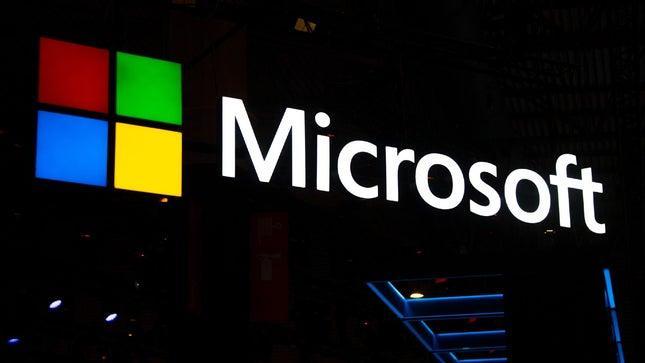Hillicon Valley — Presented by Connected Commerce Council — Microsoft disrupts Chinese hacking effort

Today is Monday. Welcome to Hillicon Valley, detailing all you need to know about tech and cyber news from Capitol Hill to Silicon Valley. Subscribe here: thehill.com/newsletter-signup.
Follow The Hill’s cyber reporter, Maggie Miller (@magmill95), and tech team, Chris Mills Rodrigo (@millsrodrigo) and Rebecca Klar (@rebeccaklar_), for more coverage.
Microsoft hit the ground running at the top of a new work week, announcing that it had disrupted a Chinese hacking group that had targeted organizations in almost 30 countries, including the United States, with a focus on human rights groups and think tanks, among others.
Meanwhile, a new analysis found that the Russian hackers behind last year’s SolarWinds hack haven’t slowed down their efforts, and the planned merger of former President Trump’s new media company and another group is under investigation.
Let’s jump into the news.
Microsoft moves to block Chinese hackers

Microsoft on Monday announced that a federal court had granted a request to allow it to seize websites being used by a Chinese-based hacking group that was targeting organizations in the United States and 28 other nations.
International focus: The hacking group, which Microsoft has dubbed “Nickel,” was observed to be targeting think tanks, human rights organizations, government agencies and diplomatic organizations for intelligence gathering purposes.
The court order unsealed Monday in the Eastern District of Virginia allowed the Microsoft Digital Crimes Unit to take control of the websites used by Nickel and redirect the traffic to Microsoft servers. Customers impacted by the hacking efforts have been notified.
“Obtaining control of the malicious websites and redirecting traffic from those sites to Microsoft’s secure servers will help us protect existing and future victims while learning more about Nickel’s activities,” Tom Burt, the corporate vice president of Customer Security and Trust at Microsoft, wrote in a blog post published Monday.
“Our disruption will not prevent Nickel from continuing other hacking activities, but we do believe we have removed a key piece of the infrastructure the group has been relying on for this latest wave of attacks,” Burt…


